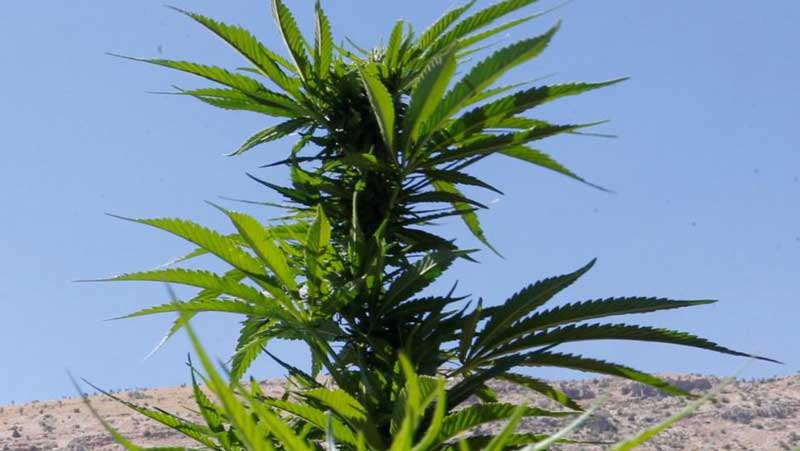×
The Standard e-Paper
Stay Informed, Even Offline

British scientists have unraveled how a non-intoxicating component of cannabis acts in key brain areas to reduce abnormal activity in patients at risk of psychosis, suggesting the ingredient could become a novel anti-psychotic medicine.
While regular use of potent forms cannabis can increase the chances of developing psychosis, the chemical cannabidiol or CBD appears to have the opposite effect.